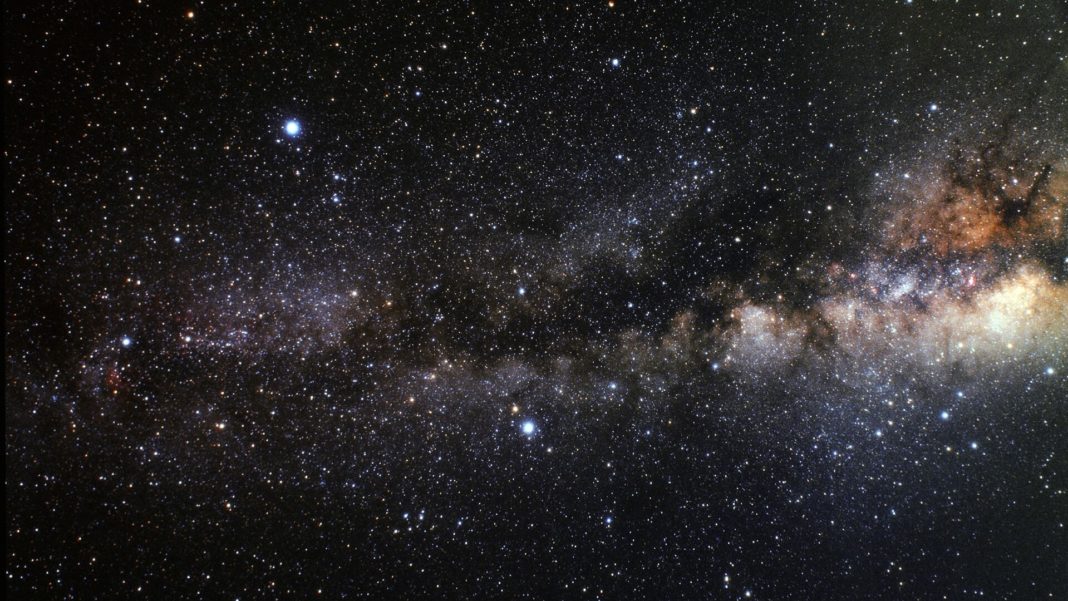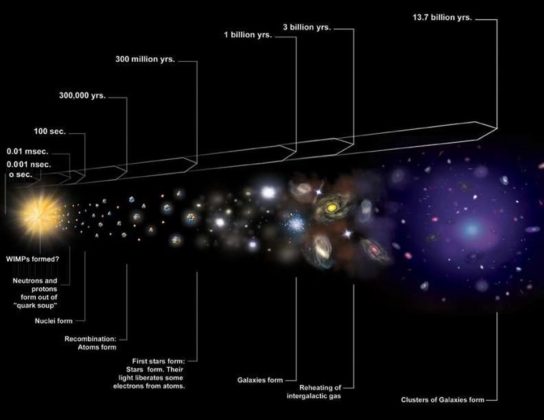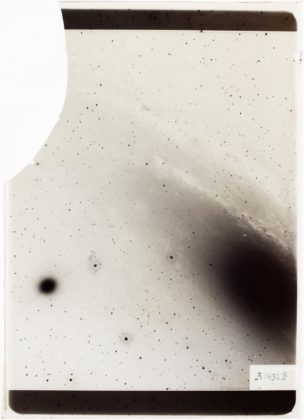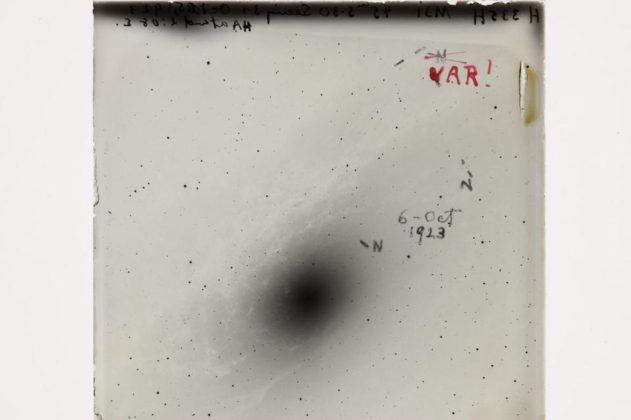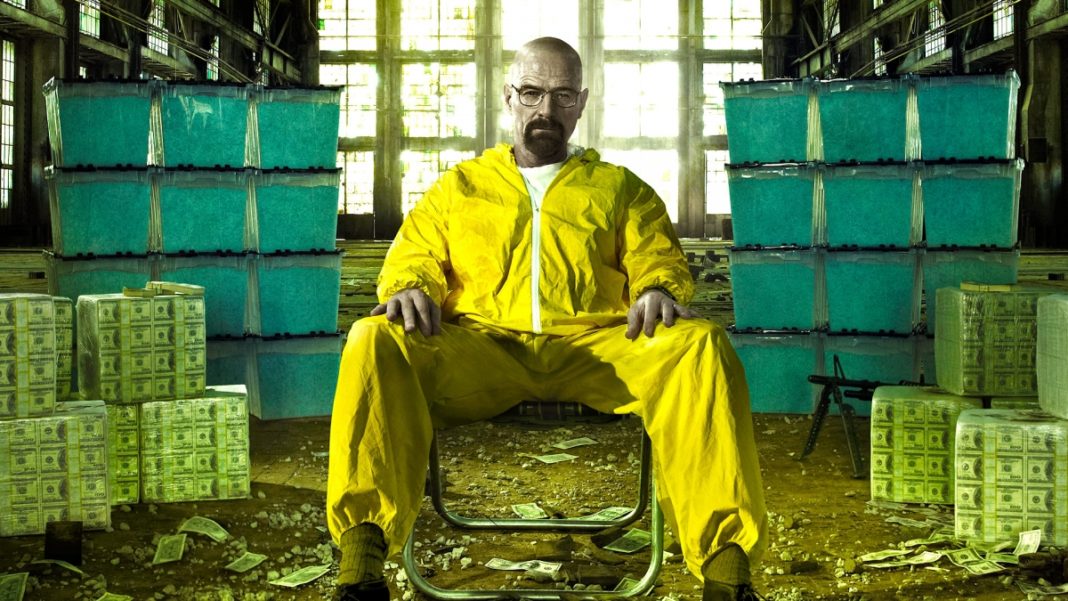Around 80 years ago scientists discovered that the Universe was expanding. However, what they still aren’t sure of is at what rate that expansion is happening at. Calculations based on the oldest signals, the largest cosmic scales, radiation leftover from the Big Bang, and the largest scale galaxy correlations give us one answer (67 km/s/Mpc) while calculations based on individual galaxies, stars, supernova, and more, we get a different answer (74 km/s/Mpc). So, which is it?
Astronomical history was made back in 1923 when Edwin Hubble was viewing the Andromeda galaxy through the world’s largest telescope. He viewed three different novas, and then a fourth. Bit, when the fourth came, it proved the impossible could happen, as it struck in the same place as the first one. The reason this was impossible is that supernovae take many years to recharge, and this second occurrence of a nova in the same spot happened in less than a week. So Hubble deduced that is wasn’t a nova after all, but a variable star, and because the physics of that class of variable star was known, the distance to Andromeda could be calculated.
This brought exciting times for Hubble, and he continued his work, focusing on these different spiraling galaxies, and the variable stars within them. He observed that the further away a galaxy was from us, the faster it was receding from us – a principle that is now known as Hubble’s Law. Hubble was also the first to measure the expansion rate and so aptly named this method the Hubble parameter. But, the answer Hubble was getting from his calculations were proving to be too high, and if were right, would mean the Big Bang happened only two billion years ago rather than over four billion.
In 1943, astronomer Walter Baade put to test Hubble’s parameter, but found that not all of the Cepheid Variables behaved in the same way and that there were actually to different types. This made Hubble’s constant much lower than originally predicted. So, Baade refined Hubble’s parameter slightly and came up with his calculation, both of which are still used today as scientists battle it out as to who is right and who is wrong.
More News To Read
- Machine Learning Software Allows More Accurate Diagnosis’ for Heart Failure Patients
- Paralyzed Man Walks Again Thanks to Bionic Suit
- Internet of Things and Artificial Intelligence Go Hand in Hand and Here’s Why
- DNA Can Now Be Analyzed Using This Simple App
- ‘Astronauts’ Go to Hawaii to Prepare for Mars Mission

